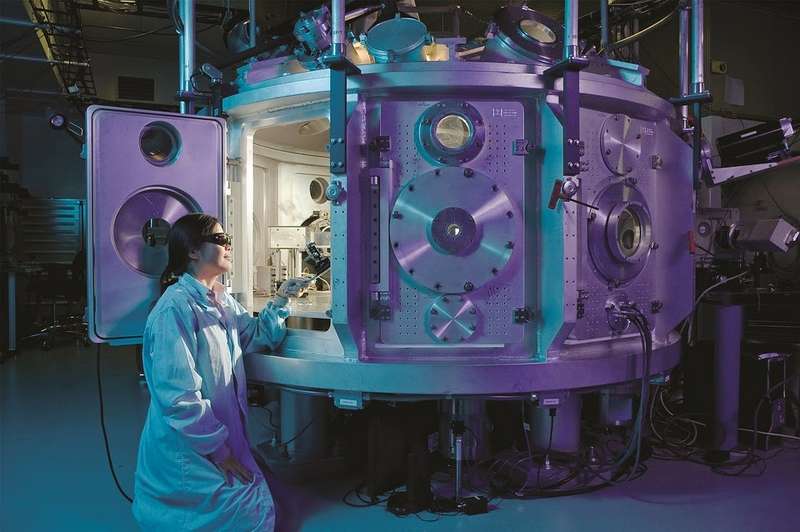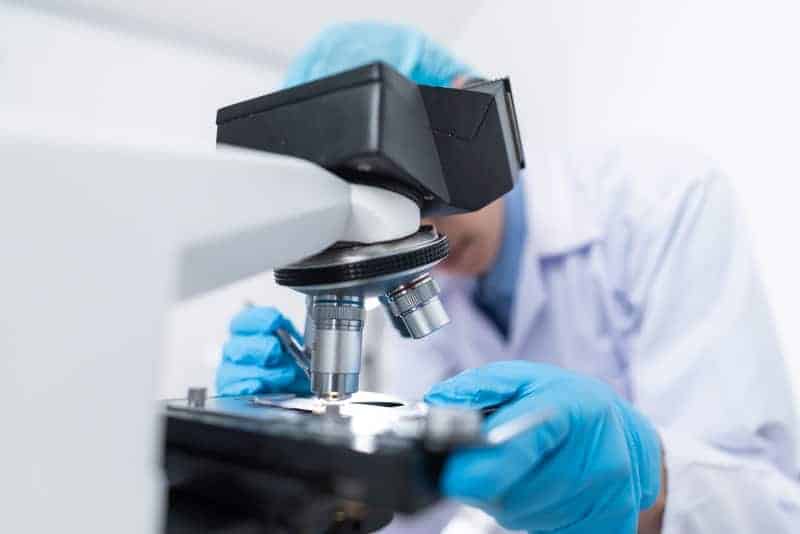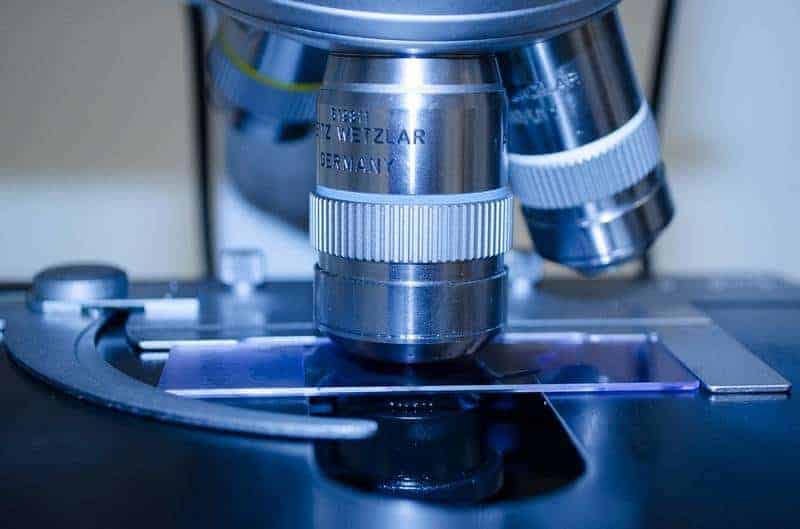How Science Have Changed Elite Sport Forever

Sport has been affected, like most areas in life, by the technological advance shown by the science and the technology industries. As we know it today, Elite sport combined natural athletic talent with advanced analytics and scientifical intelligence to ensure that their large franchises can provide the best possible on-field output to compete at the highest level. Today, we look at some of the best technological advances that science has improved the elite sport. Whilst we wait for the next round of big fixtures in any country or league to start during the weekend, why not check out FanDuel which are widely known as some of the sportsbook betting sites online. Today, log on to see some of the best odds and avenues on the market alongside some of the best promotional deals and sign-up offers for all new customers.














